“Poverty” is not an overseas-only issue…
One out of seven children in Japan are
suffering from “educational inequality and
difficult living conditions”.
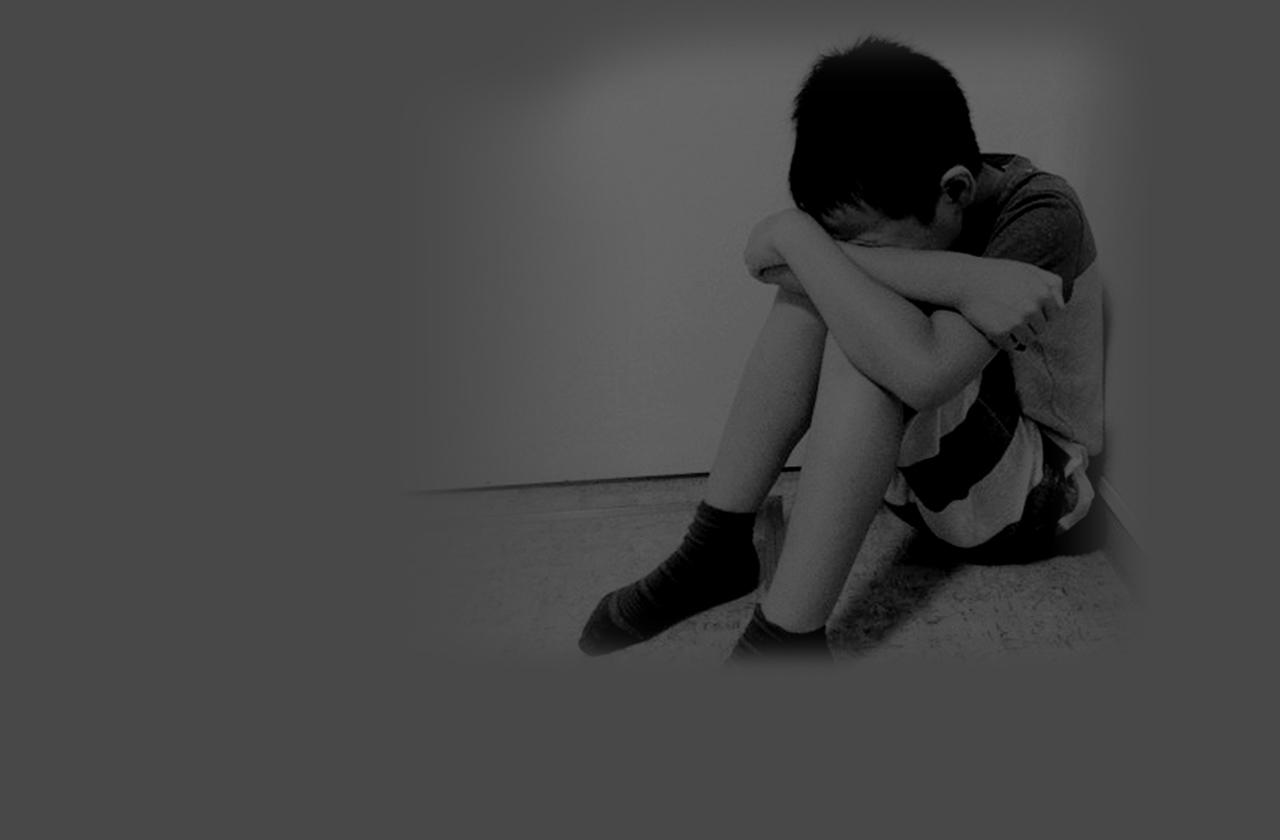

One out of seven children in Japan are
suffering from “educational inequality and
difficult living conditions”.

*All names used are pseudonyms
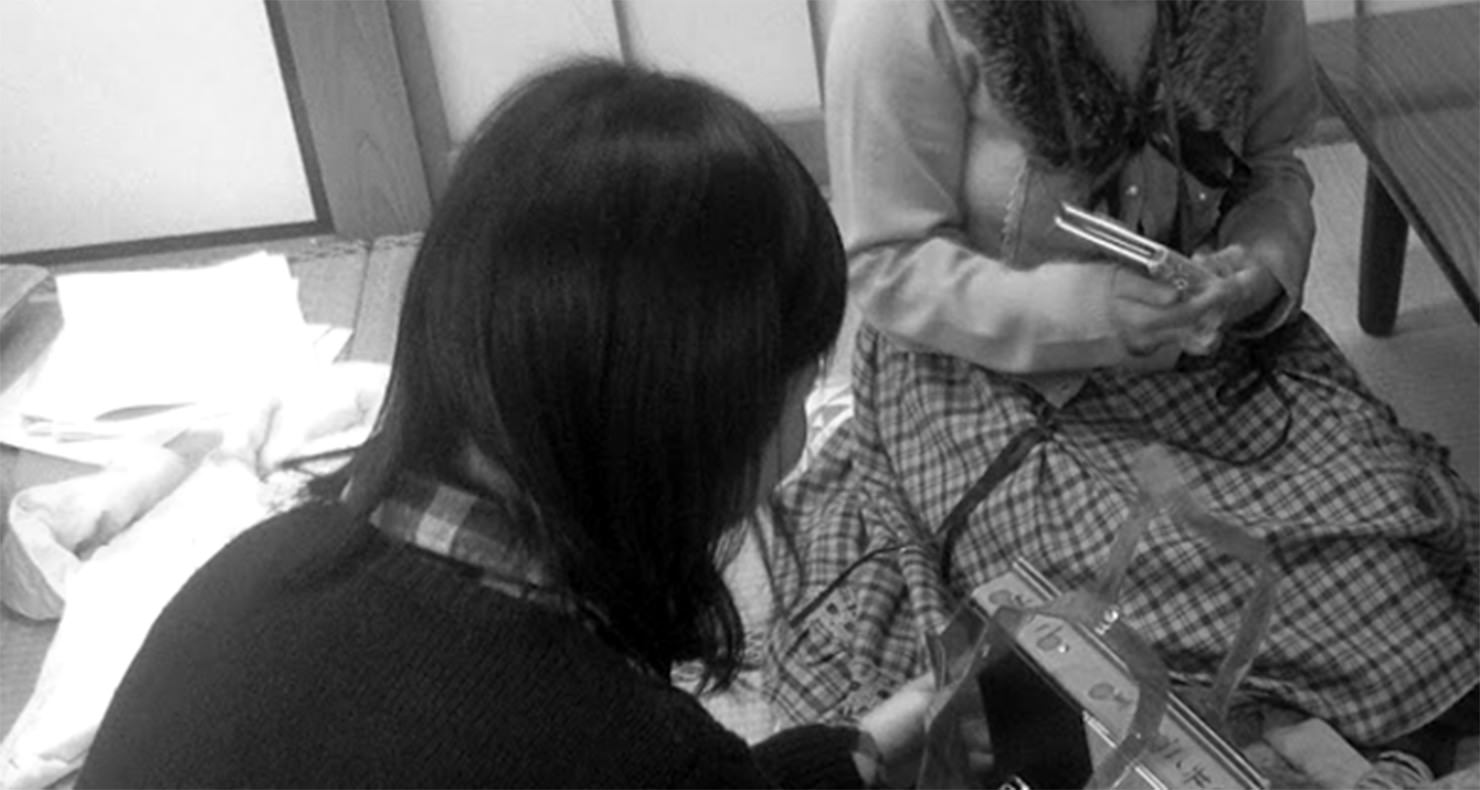
Keiko, is a second grader of junior high school living in Tokyo. She lives with a family on welfare, with her mother and two younger brothers.
In elementary school, her last name changed four times due to her parents’ divorce which caused her to be bullied, and she began refusing to go to school.
*All names used are pseudonyms
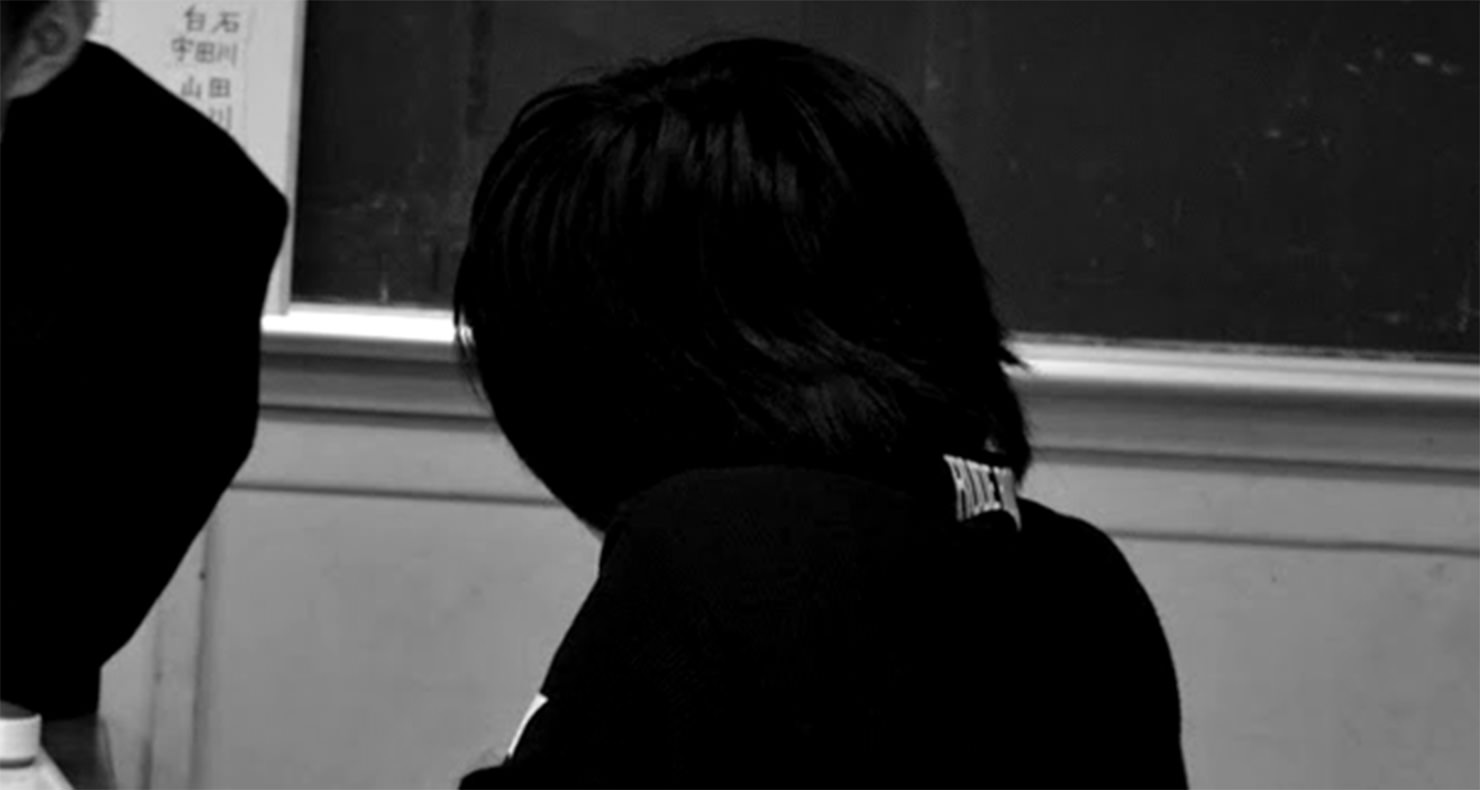
Mizuki is a third grader in elementary school living in Tokyo. Her father rarely comes home. Her mother has a mild intellectual disability, and her lack of ability to raise a child became apparent as Mizuki grew older.

One out of seven children in Japan are in a state of “poverty”.
Especially, one out of two children in a single-parent household is
suffering from “poverty”.
This is the worst rate among developed countries.

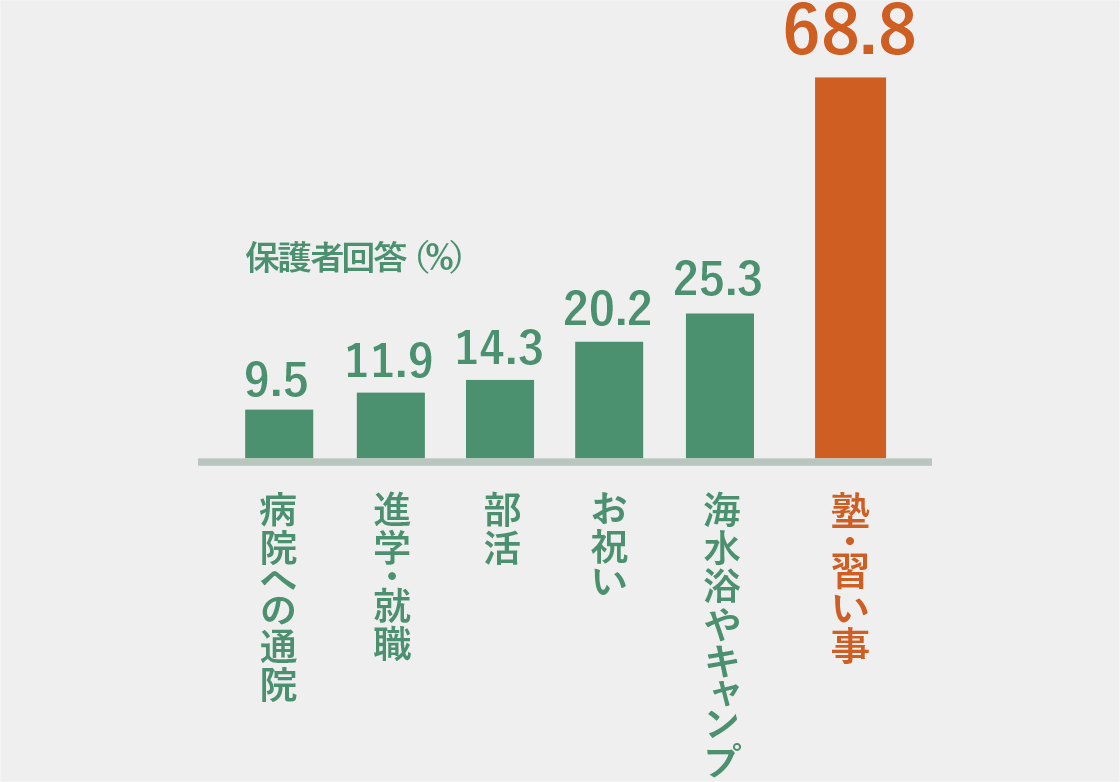
In the case of single-parent households, poverty refers to children living at a household income of around ¥ 140,000 or less per month. Not only these children cannot go to cram schools or take lessons, some cannot even go to see a doctor.
Data reveals that there is a high correlation between the household income (that you were born and raised in) and the educational background and lifetime income.


Depending on educational background, lifetime earnings will be much different. The difference will be 80 million JPY for men, and 100 million JPY for women, in maximum.
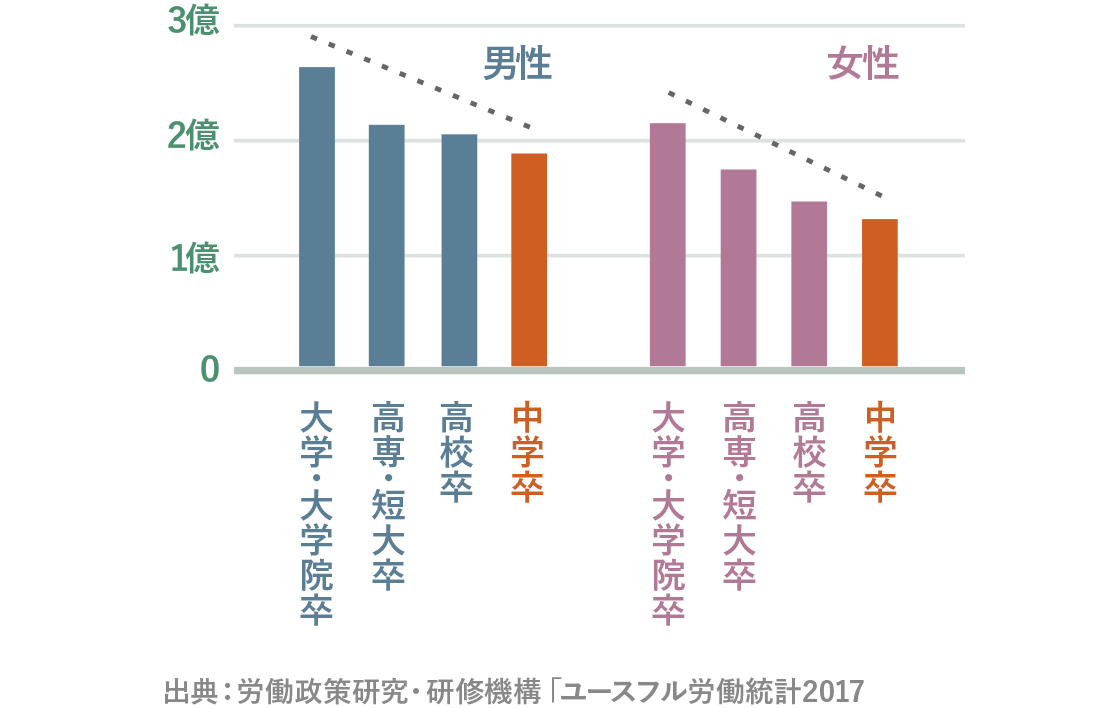
Which means,
The wealth gap between families leads to the education gap of children,
Creating a vicious cycle that leads to child poverty.
To fundamentally solve this problem,
it is necessary to "improve children's academic ability".
Based on this idea, we are providing,
“Learning Support” for children.
For the “academic improvement” of children living under difficult circumstances, we operate a Terakoya (private school) to foster children’s independence.
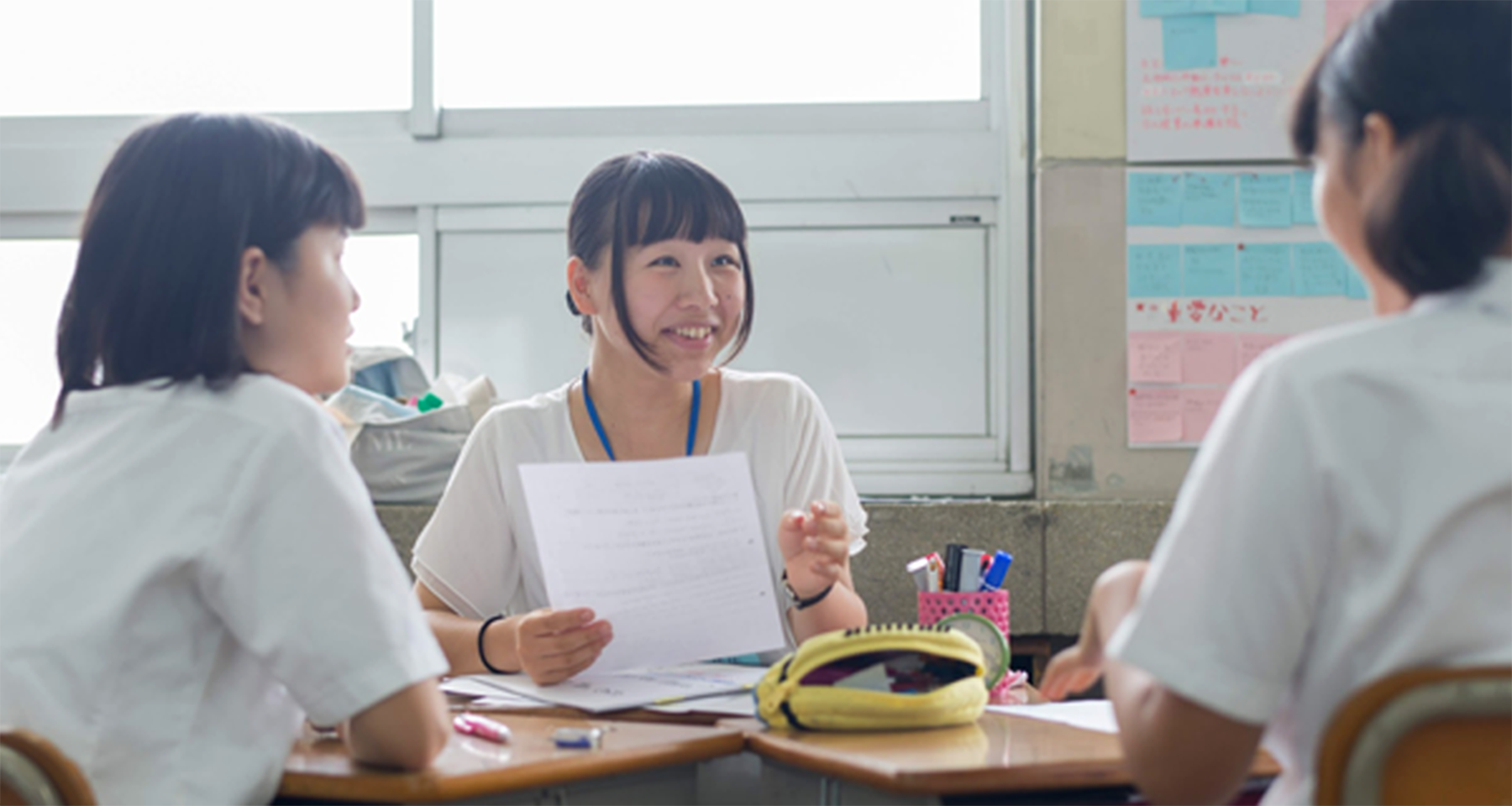
Terakoya is run by dispatching three to five student management staff and six to ten student volunteer tutors at locations such as Katsushika and Sumida in Tokyo, Toda in Saitama Prefecture, and Tsukuba in Ibaraki Prefecture.
*2018 achievements: Operated 6 Terakoyas in Summer, 11 in Autumn
*For first grade elementary school students to third grade junior high students
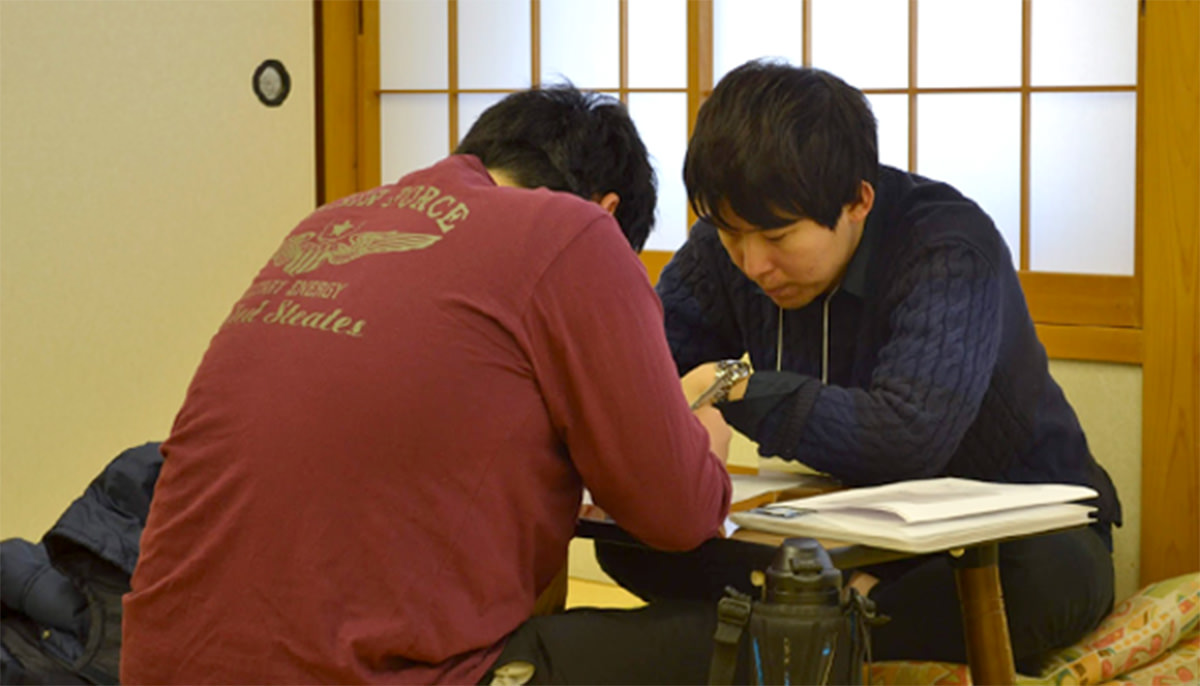
We work with municipal caseworkers and board of education to deliver to children from welfare households or those who are truly in need.
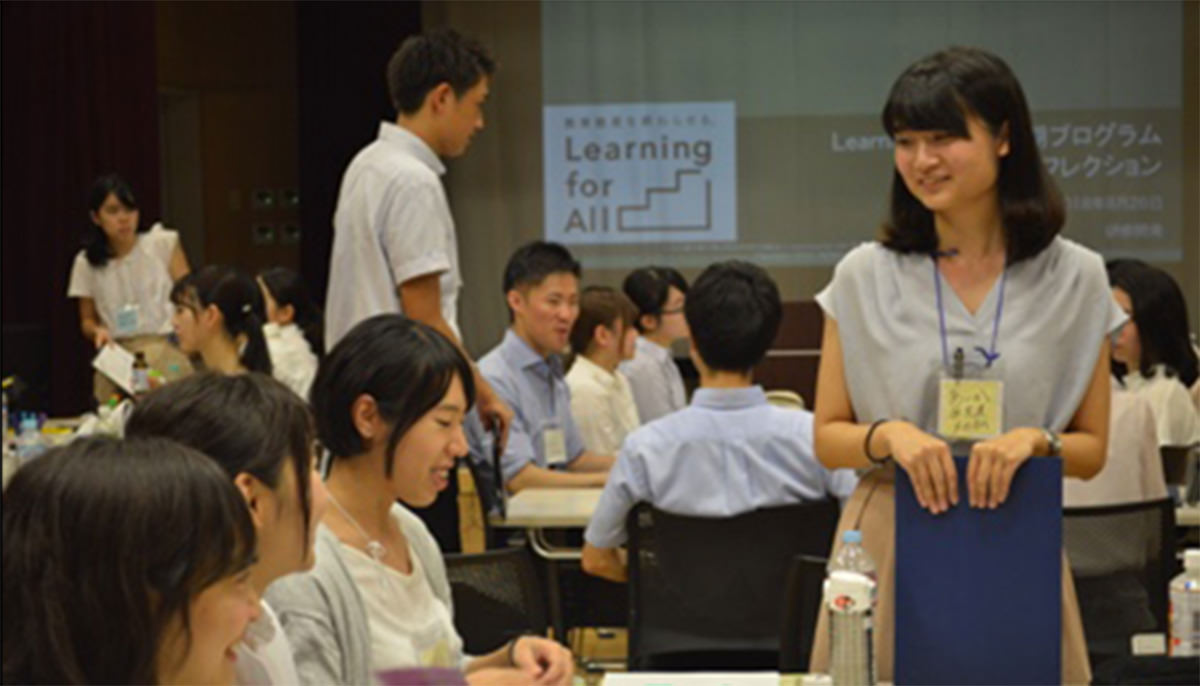
College student volunteer tutors are obliged to take over 50 hours of training developed by LFA. In addition, during the support period, a mentor (former student teacher) is assigned to each teacher. We have a system designed to continuously improve their teaching ability.
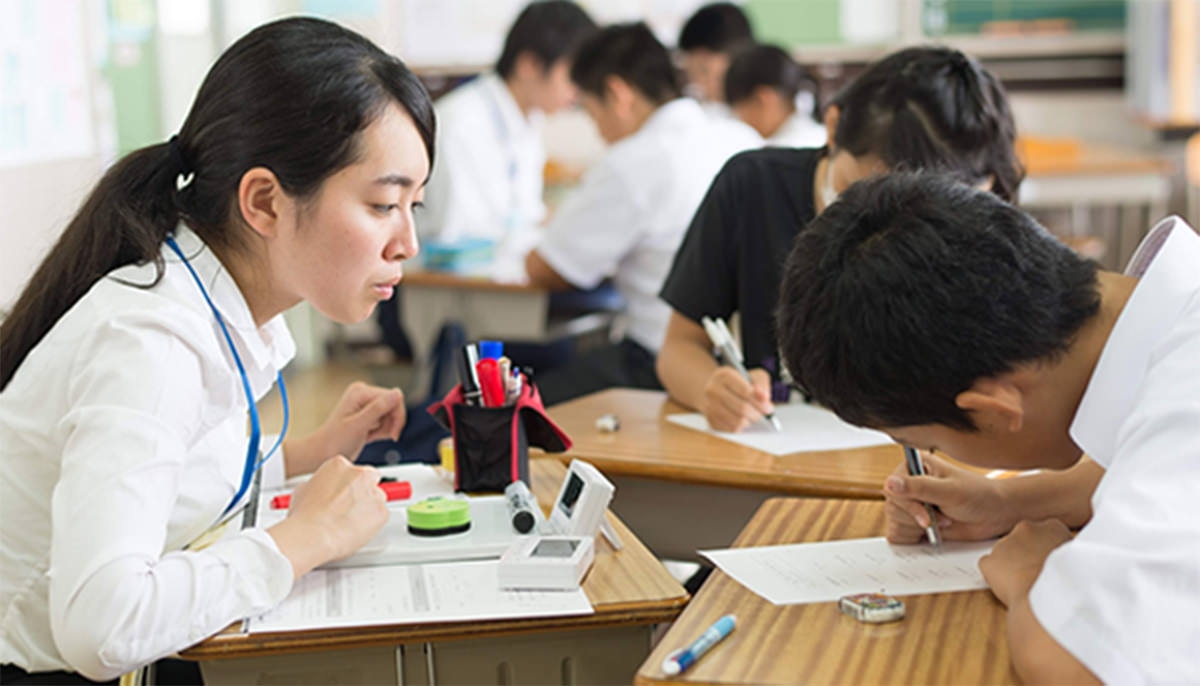
Students are paired with the same tutors for each class, and we provide learning support for mainly “English” and “mathematics” once a week for 3 hours, on a 3-month period.
* Short-term intensive program (5-7 days) in August
* Mainly math for elementary school students
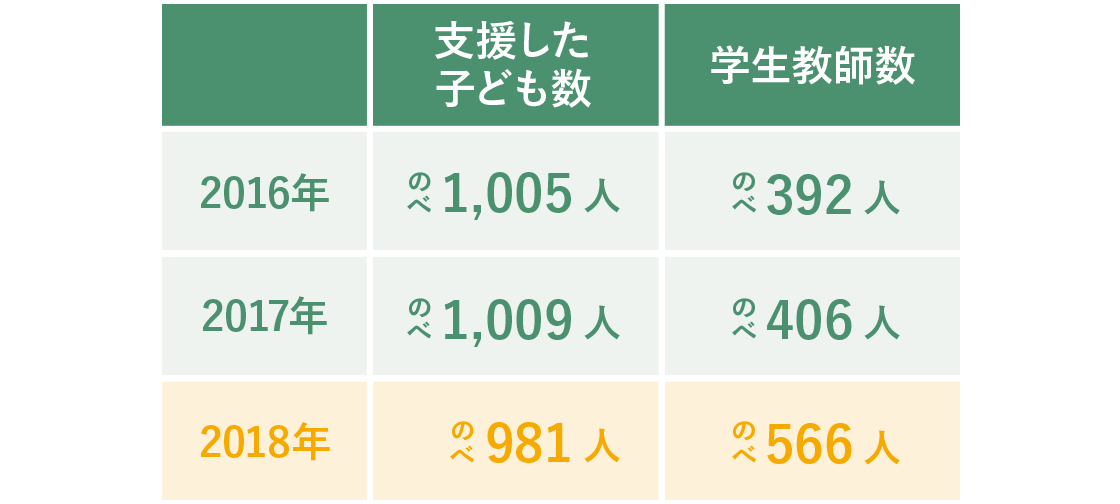
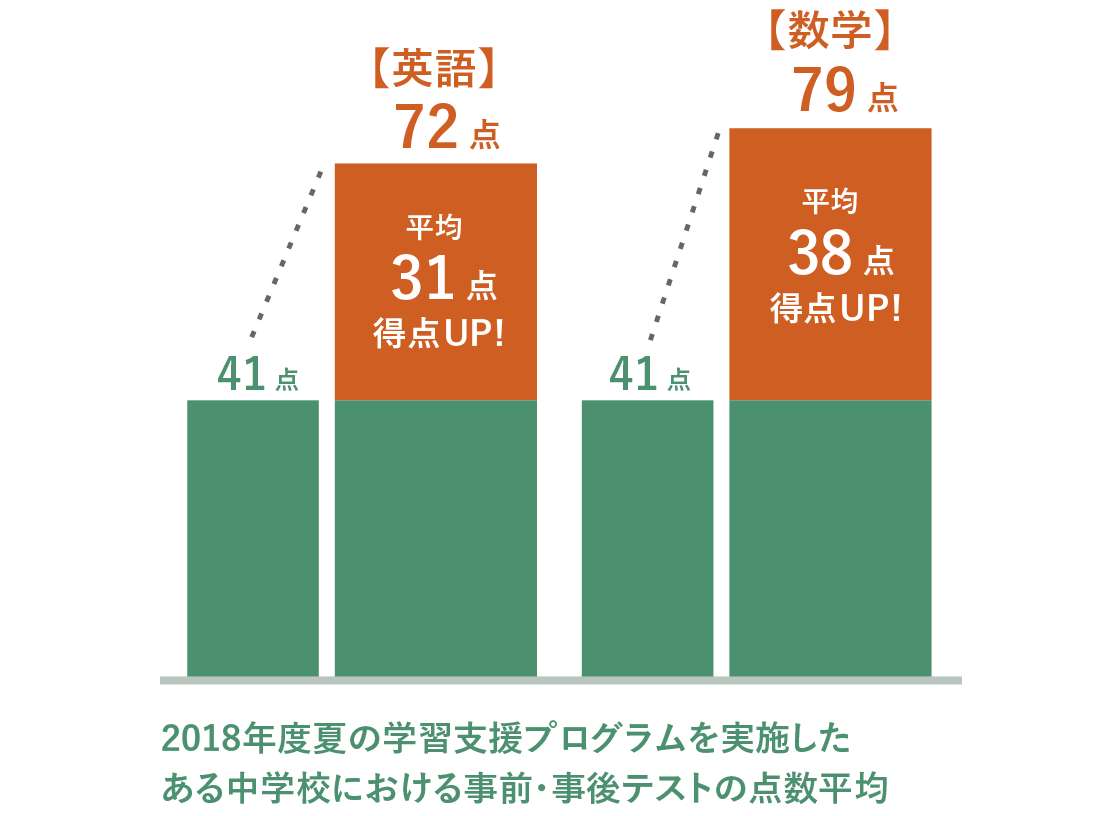
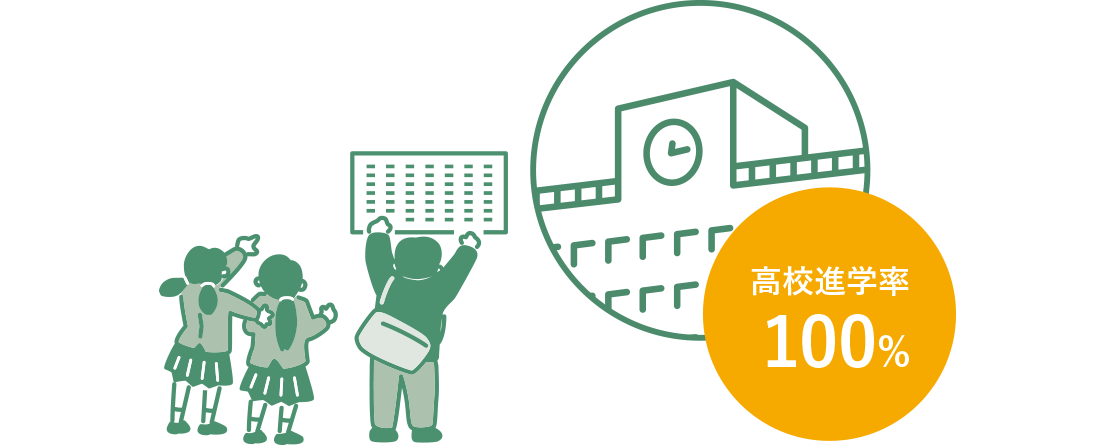
In addition,
These children suffer from fundamental difficulties.
That is why we provide them a
“Comfortable place”.
Support to form a good lifestyle, meals,
study support, activities etc.
We provide a place where children can feel secure.
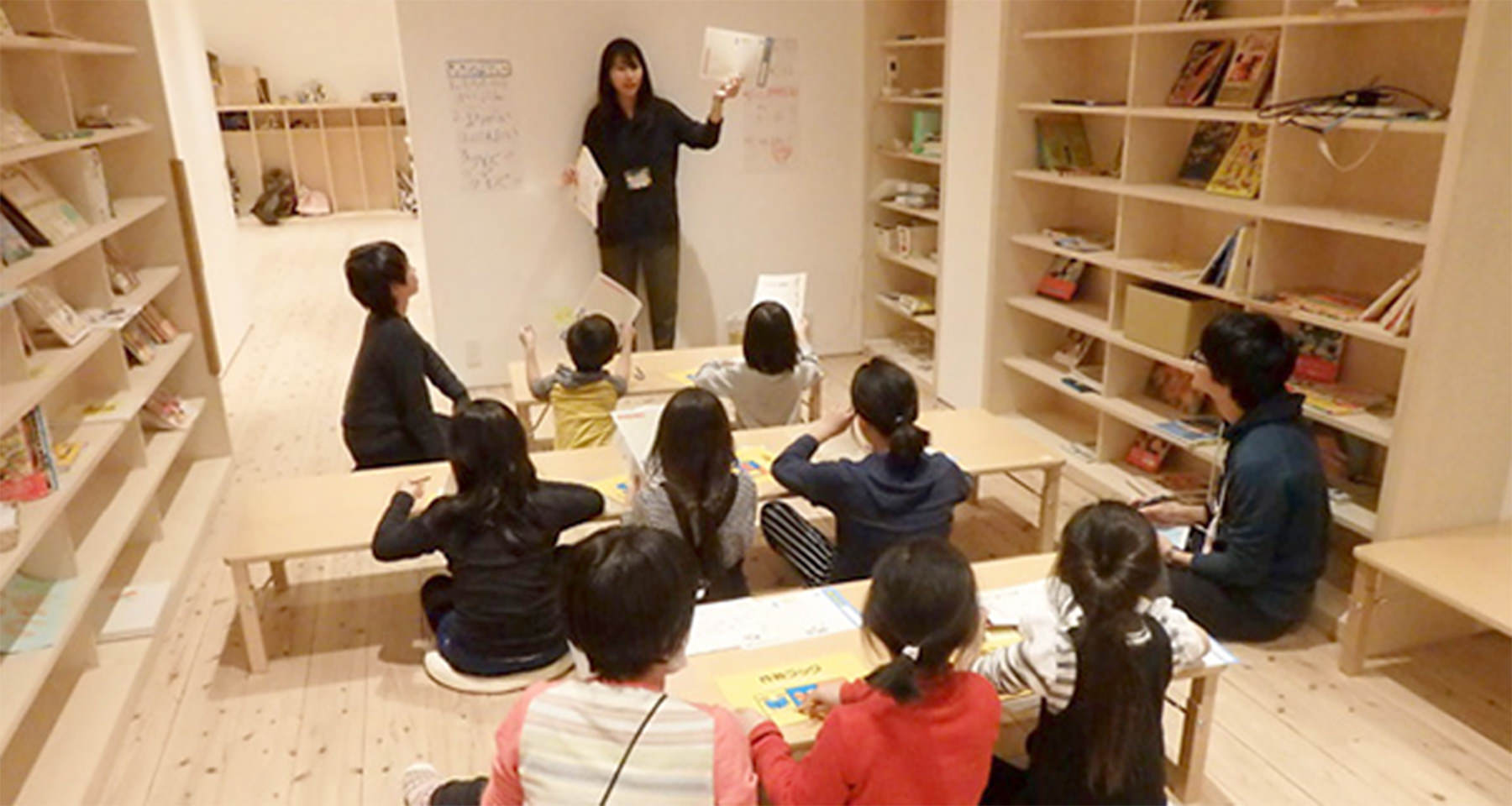
We support children’s lifestyle from a young age. With Comfortable Place Support, we provide a place where children with various difficulties can spend time comfortably.
Spending the time with staff and friends, children can build up their important lifestyle habits and sociability which can be a base of the growth.
We provide an environment that responds to each child's ‘desire to learn’ and their interests, and form a habit and motivation to learn smoothly.
We provide children a variety of experiences, including fun activities, experiments, creative activities, and interaction with university students and local people who can become their role models.
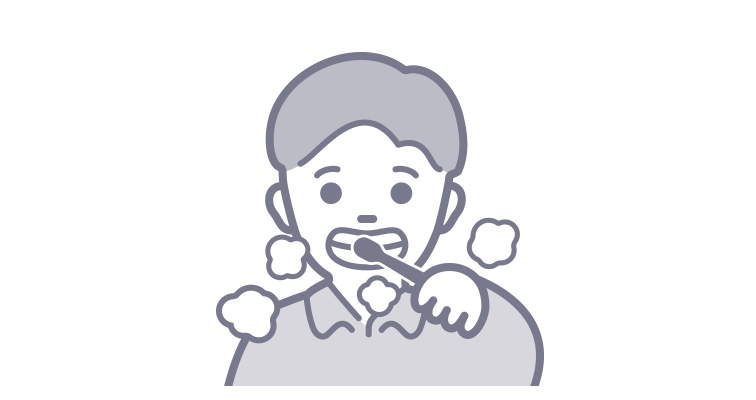
We provide: support for children to form basic lifestyle such as handwashing, gargling and tooth brushing; learning support by watching over their homework; nutritionally balanced dinner; and a place for them to stay until 9pm.
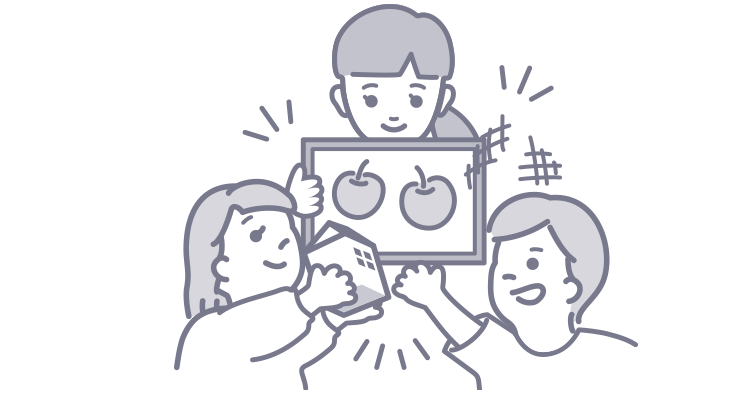
We formulate support plans according to the issues and characteristics of each child and provide support that grows their strengths. In order to build up children's self-esteem, we visualize their strengths by displaying and filing their works, and send them cards to praise their nice actions.
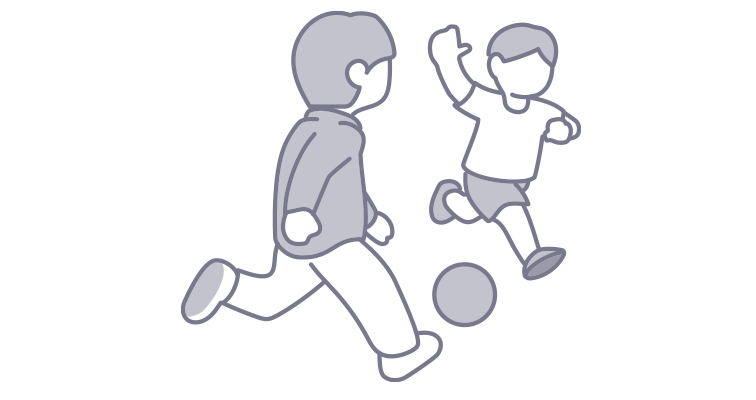
Specialized and experienced full-time staff gives consideration to children's feelings, and encourages children with various difficulties to recognize each other's strengths by thinking together.
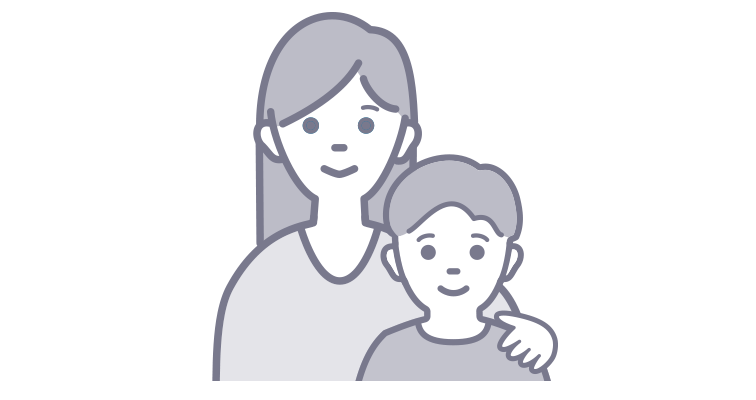
Our support also looks into the time children spends at their home. The support plan takes into account the background of each child and works to resolve issues in their lives. We build trust with parents through daily communication and provide comprehensive support, for the family as well.
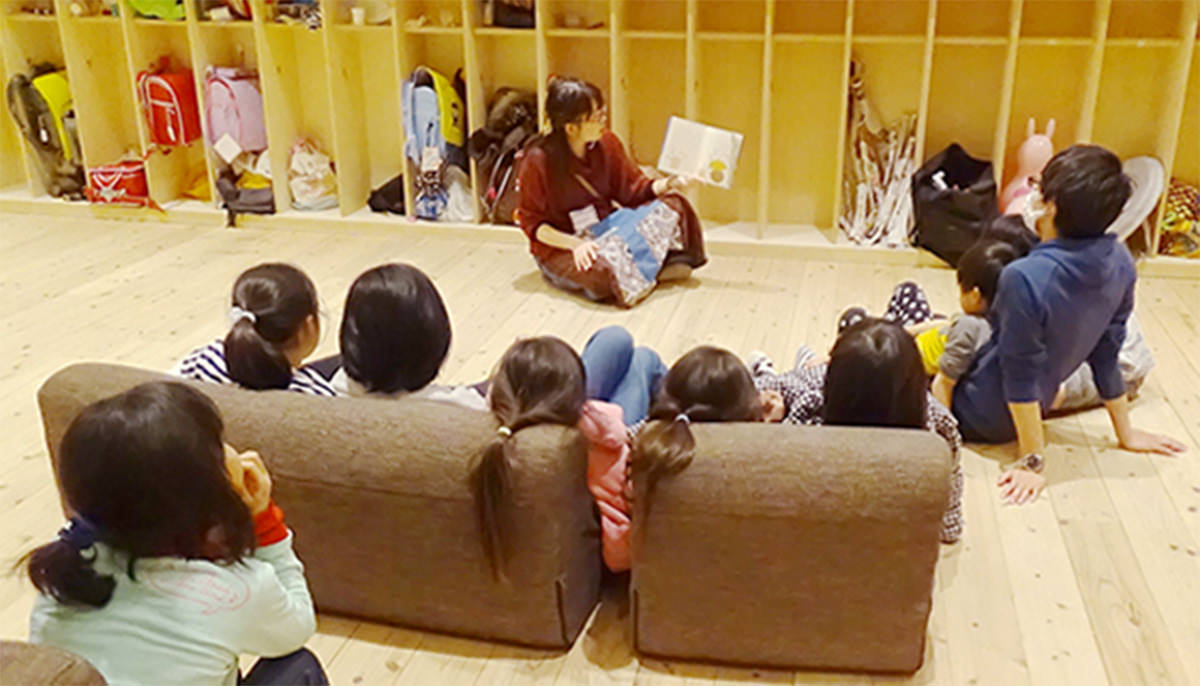
| 3:00-5:30pm | Free playtime |
| 5:30-6:30pm | Study / Reading |
| 6:30-7:30pm | Meal preparation / Meal / Tooth brushing |
| 7:30-9:00pm | Free playtime / Return home |
Through our "Learning Support" and "Children's House", children realize that there is a place where they belong, and that they can do whatever they set their mind to. They gradually mature, learn to be independent, and find hope for the future.
To end the vicious cycle of poverty, it is necessary for the children themselves to realize that they want to bring changes to their lives.
We are providing children infinite possibilities to change their future paths.
If you were looking for…
We can provide a one-hour worth of study to a child.
We can provide a one-day worth of study to a child.
One child can proceed to a high school each year.
Through email, we will keep you posted about the activities of student volunteers and the results, such as how the children are developing.
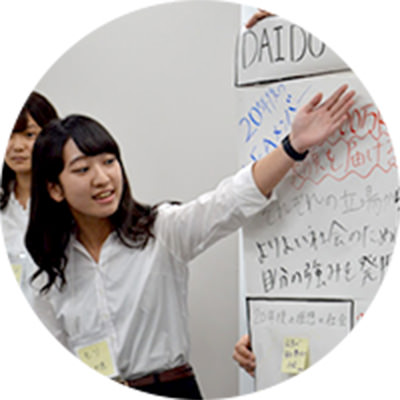
We will invite you to the supporters’ general meetings, and events such as celebration parties.
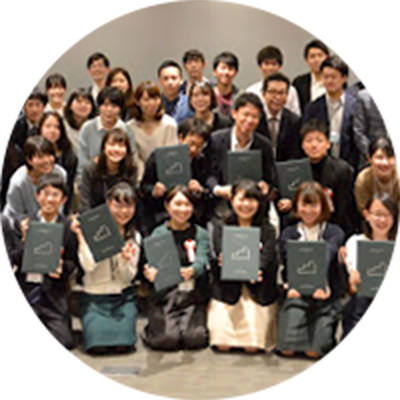
Once a month, we conduct a tour of the Terakoya and the training of the volunteer tutors. For about two hours, you get to see how the children are being taught by the student tutors, and how the tutors learn during training (most visitors become positively emotional).
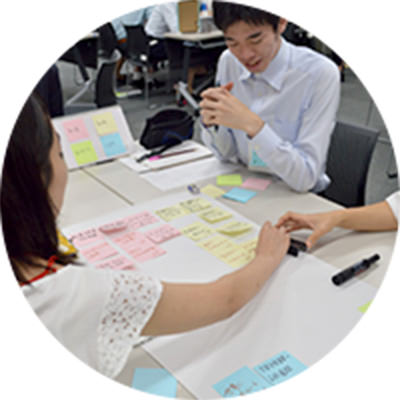
“Voices of the participants of the tour”
# It was so very well operated!
Companies should take a look!
# I was very impressed with how the students were working very hard, thinking about social issues!
Currently, Learning for All relies on short-term grants for much of its income. By 2020, we will need stable donation income, including those from our supporter members. The donation received is mainly used for transportation expenses for student volunteer tutors, for sketchbooks, files, textbooks, and venue expenses for public halls.
It is used to provide children with adequate education and living support.
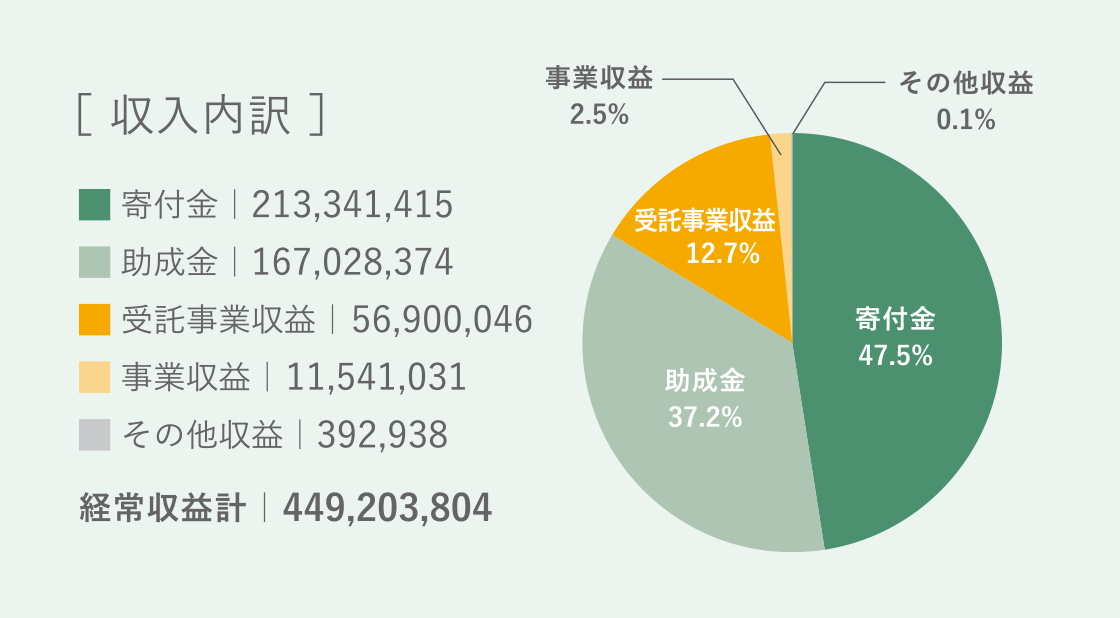
You can unregister at any time.
Please contact us by phone, e-mail or click on this link.
Learning for All is not a certified NPO.
Those who wish to claim tax deduction can apply by donating to Learning for All through the "Give One" system operated by the Public Resource Foundation.
In that case, please register from the link below.
Registration form:https://learningforall.or.jp/donate/giveone.html
* 1) Donations made through Give One will be used for the operation of the “Ecosystem Model for Child Support” project, a new project of Learning for All.
* 2) When registering, please make sure to check the boxes, "Share personal information with the organization" and "Request a receipt from the Foundation." We will not be able to send the supporter benefits without your personal information.
You will also need to submit a receipt while declaring your tax in order to receive tax deduction for your donation. If you wish to become a continuing member, please select "monthly".
* 3) Donations through Give One are subject to a fee, so it would be much appreciated if continuing members could register for ¥ 3,000 / month or more.
* 4) Please apply for declaration at the time of the final tax return. Please refer to this link for the tax deduction procedure.
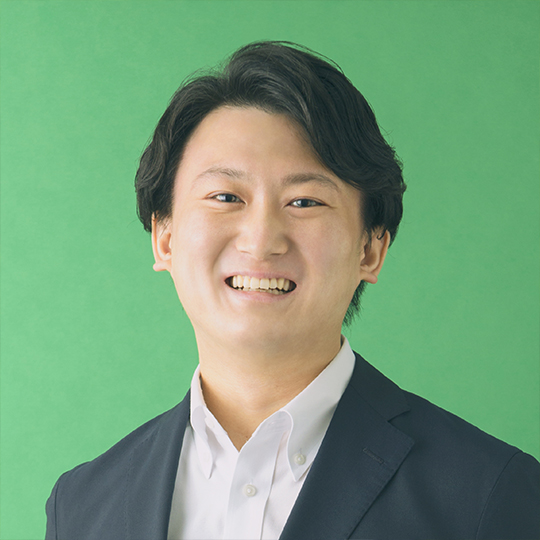
While studying at the University of Tokyo, Lee became a member of Learning for All, which was at the time one of the projects of Teach For Japan (certified non-profit organization), and worked as a full-time staff and engaged in overall management for country-wide learning support operation. Subsequently, he set up Learning for All, and became the representative director of the non-profit organization. He also serves as the secretary of the “National Group Council of Child Poverty and Education Support”.

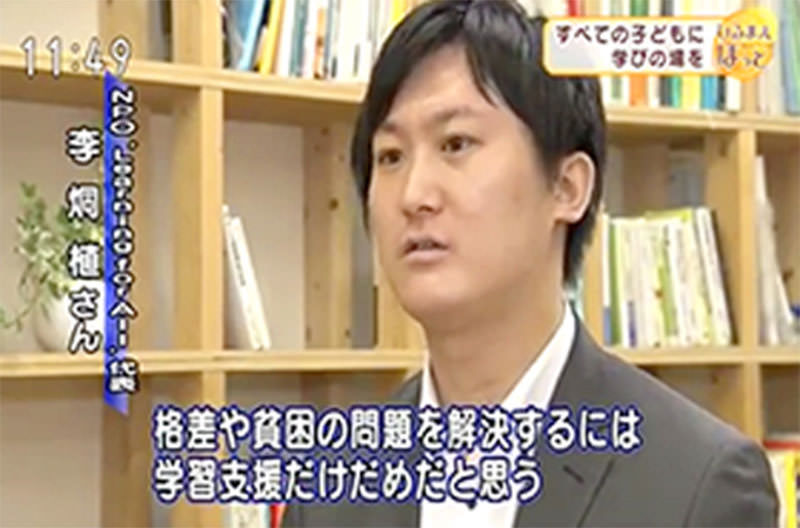
NHK “Hiru-mae Hot”
Jan 23, 2017
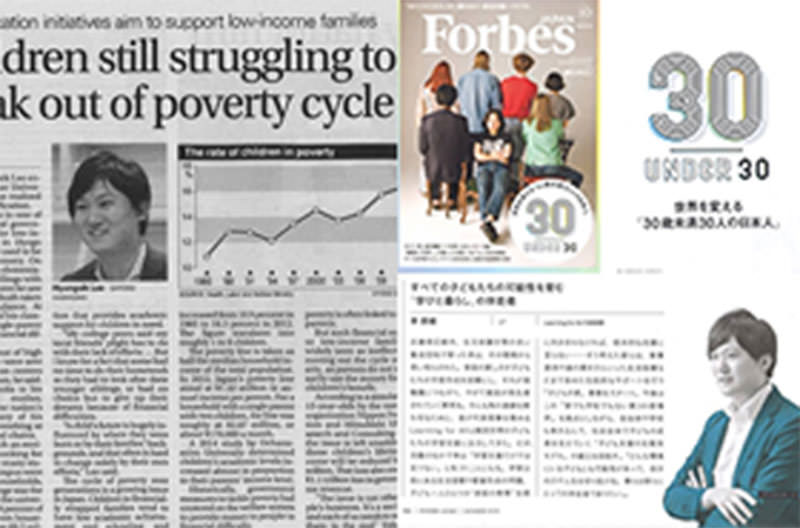
“Japan Times” /
“Forbes Japan 30UNDER30”
Others Featured in Yomiuri Shimbun, Mainichi Shimbun, AERA (Asahi Shimbun Publications Inc.) etc.

Won “Excellent NPO Award”
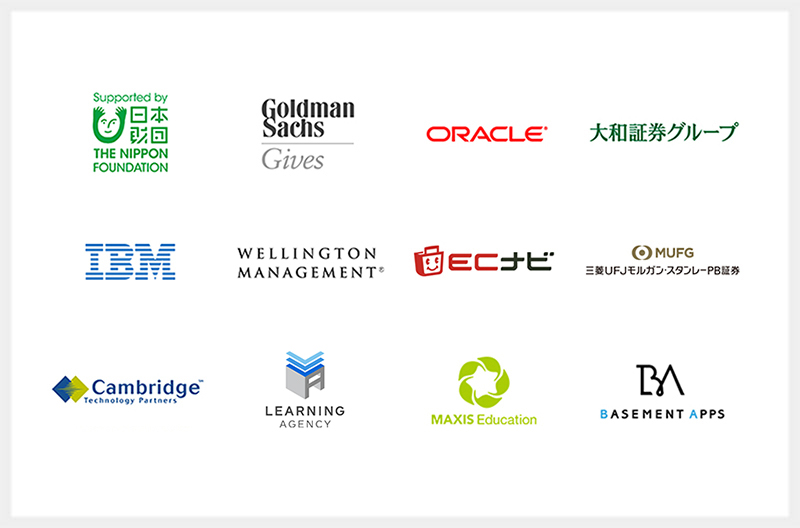
Sponsors and donations from multiple companies
Others Won Best 1 in “Reform Plan” of Kita-ku, Tokyo
Selected as the organization to be granted for “Toward a Bright Future – Supporting Children” by Daiwa Securities Group